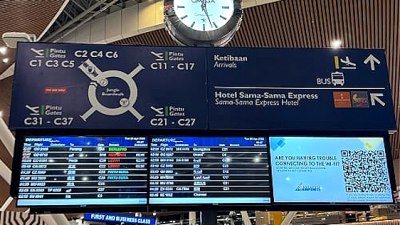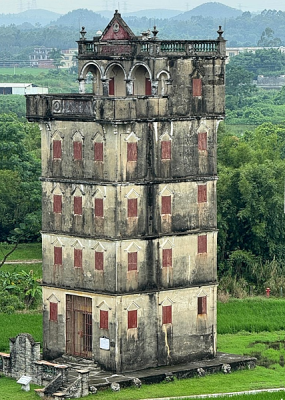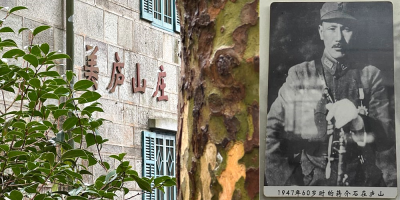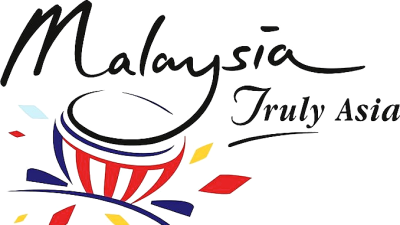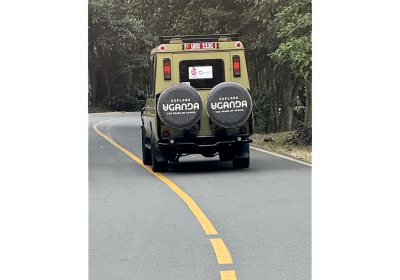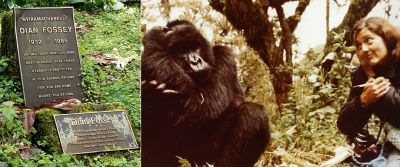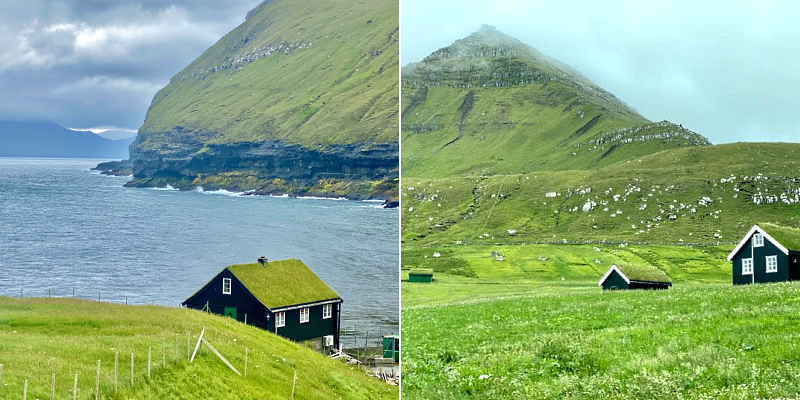
While collecting stamps when I was young, there were two “countries” whose stamps were the most common: Yugoslavia and Faroe Islands. Do you still have any idea?
Of course, “Yugoslavia” has become history since its disintegration in 1992, while the people in Faroe Islands are still living rustic and peaceful life since the 8th century some 1,300 years ago.
The Faroese people said in self ridicule: We have been working very hard to reproduce, but still cannot catch up with the sheep here!
Made up of 18 volcanic islands, Faroe Islands is located at 61°N within the Atlantic Current zone. The people here have been living on the sea since time immemorial, and this has shaped them into a bunch of happy-go-lucky people.
Faroe Islands is an offshore special autonomous region of Denmark, the other being Greenland.
The Islands boast a total of 75,000 adorable sheep, 12,000 cows, countless birds and some free-range chickens. That said, the human population here is only 54,000. Sure enough you might have guessed that lamb is the staple food here!
The braised lamb shank at Aarstova fine dining restaurant beside the jetty of the capital Torshavn is something to die for. As a matter of fact, some Faroese even eat a kind of local seabird called rhinoceros auklet. Well, nothing spectacular anyway, as some of us also eat the squab!
The land of these sparsely populated offshore Islands is hardly arable, forcing the Islanders to turn to the sea for livelihood.
The Faroese are born fishermen. From the ancient Viking fishing boats to high-tech fishing tools, deep sea fisheries and seafood processing industry, fishing makes up a whopping 90% of the local economy.
Faroe Islands is 1,400 square kilometres in area. The people here live in villages scattered all across the Islands and are professional fishermen of deep sea cod which fetch very good prices in international markets.
Along the coastal road we could see one after another smart salmon breeding farms, an burgeoning industry on the islands. Each fish farm circle has 75,000 salmon fry valued at more than five millions euros after five years.
Notably, the Faroese are also engaged in whale fishing, albeit a non-commercial traditional practice that has been passed down for over four centuries. And they only catch the non -endangered long-finned pilot whales and limited numbers of white-sided dolphins. The Danish government only allows the capture of not more than 500 white-sided dolphins this year.
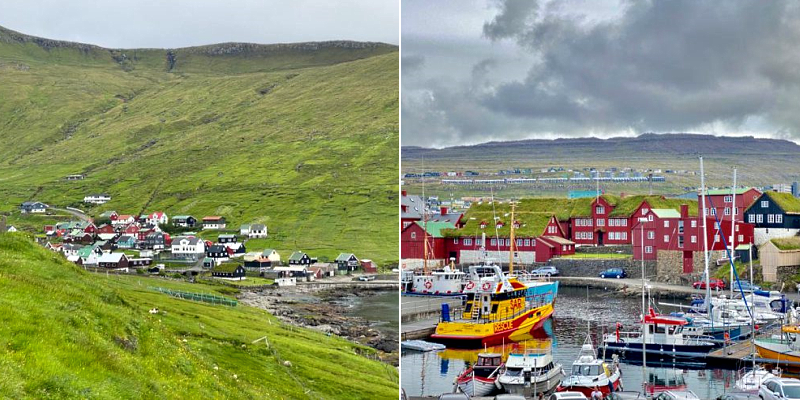
The fact is, if the Faroese people are not allowed to eat the food from the sea or the sky, then they will starve to death! Strictly speaking, the islands are covered with barren volcanic rocks where crops don’t grow.
Although there are hardly any big trees on the islands, the hills are blanketed in a carpet of green grass, while potato, carrot and sweet potato are grown in summer months to supplement the income. As for the other daily necessities, they have to be imported from Denmark.
So, the living standard here is actually higher than Copenhagen 1,500 km away. A cup of latte, for example, costs RM30, and a 3-minute taxi ride is RM65. Of course, the people here also enjoy social benefits comparable to other EU states.
The Scottish people arrived in the Faroe Islands as early as the 8th century AD. No wonder the young ladies here are dressed in the Scottish style!
In the 9th century, the Vikings from modern-day Norway landed here and have since settled on these islands. In 1380, Denmark colonised Norway along with the Faroe Islands. In 1814, Faroe Islands became a county. It was then occupied by the British during the second world war, and that was when they began to build the military airport, dam and other infrastructures.
Faroe Islands was ceded back to Denmark in 1948 and has since become a special autonomous region with extended self-governance, very much like Hong Kong and Macau today with the exception of military and diplomatic affairs.
The Faroese have their own passports, own national flag, national emblem, national anthem, national flower, currency, stamps, prime minister, cabinet and a 32-member lagtig (parliament), with a Danish governor and the queen of Denmark as monarch.
Faroe Islands is also represented with two seats in the Danish parliament to fight for the rights and welfare of the Islanders. Nevertheless, there is still a small group of politicians championing for full independence!
Our energetic Faroese driver-guide Maria is quite happy with the status quo, because the Faroese people enjoy 99% self-governance and still retain their own language and culture while receiving assistance and support from Denmark.
Maria used to work for a couple of years in France, but eventually opted to come back to her native village on one of the Islands.
Maria said because of the tiny population here, the people value their families tremendously and hold regular family gatherings, especially during weekends and public holidays.
As if that’s not enough, they also have music festival, cultural festival, harvest festival etc. during the summer months, when the Islanders are dressed in their traditional costumes. Such festive joy could never be felt if they were to live overseas.
As such, all Faroese yearn to go back to the islands some day, no matter where they live now. Indeed, our 60-year-old taxi driver has also come back here from Copenhagen, while the young pretty waitresses at the star-rated ROKS restaurant have all come back from overseas.
What an incredible paradise on Earth! As a matter of fact, the most charming thing about the islands is its superlatively serene beauty that will easily take your breath away. Even though it does snow here, the sea is never frozen, and the temperature ranges between 2 and 15 degrees throughout the year, very liveable and comfortable heaven on earth indeed!
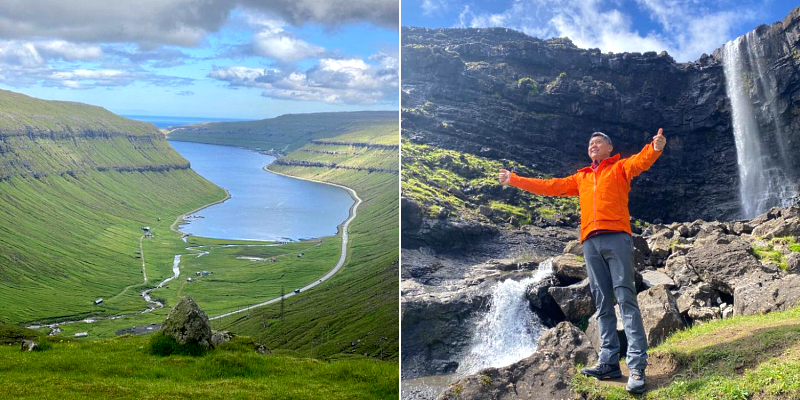
(Lee San is Founder and Group Executive Chairman of Apple Vacations. He has travelled to 132 countries, six continents, and enjoys sharing his travel stories and insights. He has also authored five books.)
ADVERTISEMENT
ADVERTISEMENT






